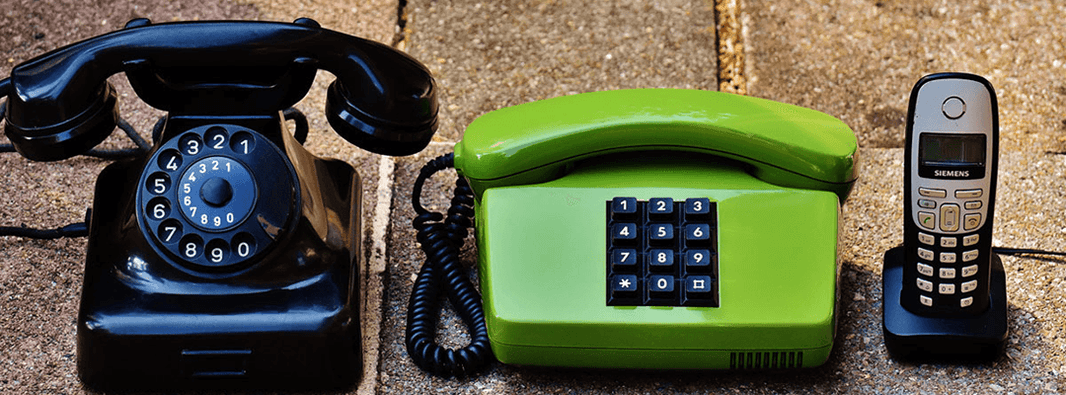Have you heard of sepsis? It’s a serious condition that can affect anyone, though people over the age of 75 are amongst those who are more vulnerable. As a result, it is important to know the signs to look for in your elderly loved ones. The sooner you notice sepsis symptoms in your elderly loved ones, the better their chances of recovery.
What is Sepsis?
When you get an infection, whether in a wound or organ, your immune system reacts to destroy the infection and protect your body. However, sometimes the immune system can overreact to an infection, damaging your body instead. This is sepsis. Other names for sepsis are ‘septicaemia’ or ‘blood poisoning’. Sepsis can be difficult to spot, making it a dangerous condition. In some cases, it may seem that someone has symptoms of a different condition. However, there are some signs that mean you should act immediately.
Sepsis Symptoms in Elderly Adults
A person with sepsis can display several symptoms as the condition progress. If unaddressed, sepsis could kill in as little as twelve hours.
Therefore, if you notice any of the following symptoms, you should call 999 – or take the affected person to A&E – immediately.
- Loss of consciousness
- Faster than average heartbeat
- Shallow breathing
- A high or low temperature
- Chills and shivering
- Nausea and vomiting
- Diarrhoea
- Confusion or disorientation
- Slurred speech
- Breathlessness
- Muscle pain
- Blue, pale, or blotchy skin, lips, or tongue
- A rash that does not fade when you roll a glass over it
You may also be able to identify sepsis if it is affecting a wound. It may appear swollen, red, and will be warm to the touch. This could just be an infection, but if there are any accompanying symptoms you should get your loved one checked over as soon as possible.
Treating Sepsis in Elderly Adults
If your loved one is diagnosed with sepsis, they will be given antibiotics to fight it. When caught early, the condition can go away without any lasting consequences. However, if not treated early, sepsis could develop into septic shock.
Septic shock causes a drastic drop in blood pressure, resulting in reduced blood flow. This can starve your organs of blood and oxygen, causing them to shut down. If this happens, your loved one will require additional support.
Fortunately, antibiotics can still be used to treat septic shock. Doctor will administer this medicine as soon as possible; for every hour delay in antibiotics being administered, the risk of mortality increases by 8%.
Preventing Sepsis
Sepsis can strike at random. This means it is not always possible to prevent. However, the best method of preventing sepsis symptoms in elderly loved ones is to prevent infections. There are a few ways you can accomplish this.
One of the most effective ways to avoid an infection is to keep wounds clean and take good care of them. Bacteria flourish in open wounds, especially if they are dirty. The NHS have a free guide to help you clean a wound.
Open wounds aren’t the only form of infection your loved one might contract, however. For most infections, such as UTIs and chest infections, they will prescribe antibiotics. To avoid developing sepsis, your loved one must follow the instructions they have been given. If they feel better before finishing their antibiotics, they must still finish the treatment.
Who Else Is At Risk?
Whilst your elderly loved ones are at increased risk of developing sepsis, they are not the only people who are vulnerable. To ensure you are receiving complete information, the following people are more likely to develop sepsis:
- Babies under one year old, especially if born prematurely or if the mother had an infection during pregnancy
- People living with diabetes
- Individuals with weakened immune systems, such as those who have received organ transplants or are undergoing chemotherapy
- People who have undergone recent surgery or are recovering from a serious illness
- Women who have just given birth, had a miscarriage, or had an abortion
Stay Safe with Careline365
We understand that your loved one’s safety is important to you. A personal alarm from Careline365 can provide peace of mind. We offer a range of devices to suit your loved one’s needs. In an emergency, the press of a button will put your loved one in touch with our 24/7 Care Team. They will then alert you or other emergency contacts that help is needed. When necessary, they will also inform the emergency services.
For more information on our service and products, read our helpful guide. For further information, please do not hesitate to call our friendly team on 0808 304 4510. Finally, do not forget that you can order a Careline365 alarm online today.









